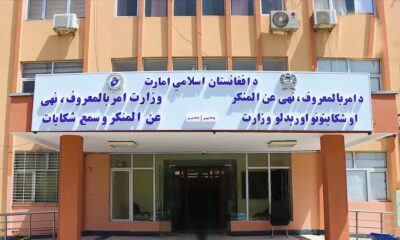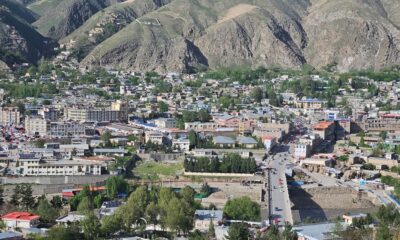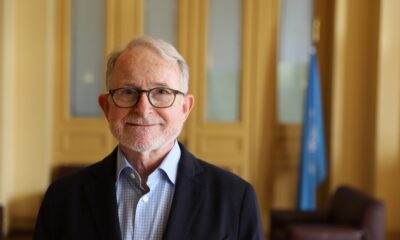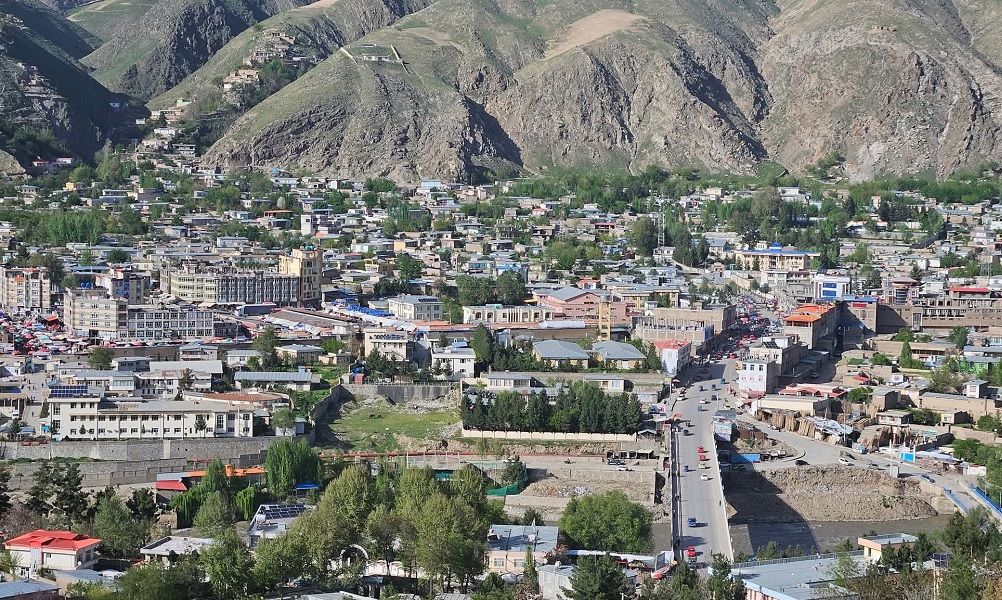Latest News
Ghani releases Eid message, urges against ‘monopoly’ of power
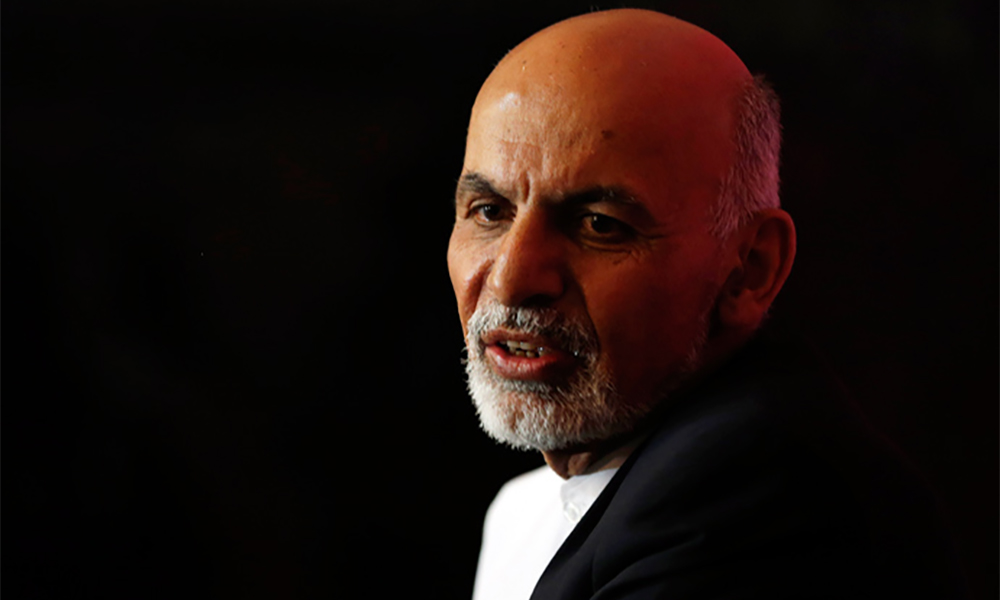
Former Afghan president Mohammad Ashraf Ghani, who is currently living in exile, said in an Eid ul-Fitr message on Saturday that the current situation in Afghanistan is dangerous and that Afghans need to learn from the past and accept each other.
In an audio message of 28 minutes, posted on his Facebook page, Ghani did not name the Islamic Emirate or the IEA government directly, but it appeared that his message was also aimed at the current authorities.
Ghani fled the country on August 15 last year which led to the immediate collapse of the former government. Within hours, the IEA stepped in to fill the power vacuum. Since then, Ghani has kept a low profile and is believed to be living in Dubai.
In his Eid message, he said: “We must learn from history that all must accept each other. And if there is an emphasis on monopoly of power, the situation will get worse.”
“Afghans cannot be convinced by force. All Afghans need to talk to each other on a national consensus and come to a road map that aims for a prosperous, free and neutral Afghanistan. How we can reach out and work for prosperity and life, not for destruction and death,” he said.
Ghani also mentioned the recent bombings in Afghanistan and warned that once this started it is difficult to stop such actions.
“Once the door of explosions and suicide is opened, it is difficult to close this scourge again. But with national consensus and mutual acceptance, there is only one way out.”
On education,Ghani suggested that technology be used more so as to educate students remotely.
“Today, we do not have to educate children in schools, just like in the past. It can be equated with all in home, village, mosques and other places. The key is for them to realize that they have the potential to change their lives and the lives of their communities and make a difference,” he said.
According to Ghani, Afghanistan could benefit from the “successful experiences” of other Islamic countries.
Regarding Afghanistan’s foreign policy, Ghani emphasized the importance of maintaining good relations with foreign countries especially neighboring countries, and said that the development of the Asian continent was at an all-time high and something that was necessary.
“We need to work with all our neighbors, with all Asian countries, and with the rest of the world, for the benefit of both us and them.”
He also touched on the current economic crisis in the country and suggested that to overcome the problem national consultations were needed.
He said he had a short-term and long-term vision for economic recovery, stating that his “approach has always been to consult with the people, because individual intellect is not superior and we must always come to a conclusion together.”
Ghani also mentioned Afghans abroad and said that Afghans in foreign countries do not enjoy the same rights as they do in their own country.
“In a foreign country there is all despair. But at home together, there is the honor of all.”
Latest News
Over 365 women-related cases resolved in past month: Virtue Ministry
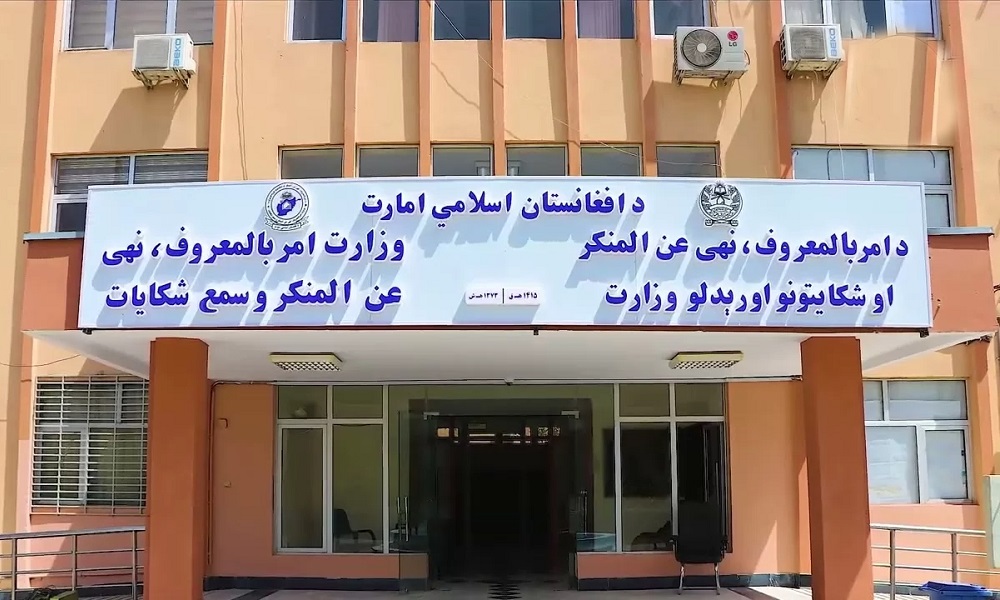
The Ministry for the Propagation of Virtue and Prevention of Vice (MPVPV) said in a statement that over the past month, it has handled 368 cases related to women’s religious rights.
According to the statement, the ministry also arrested 30 alleged sorcerers, resolved 175 cases of disputes and conflicts, held 743 meetings with traders, and conducted 1,304 reformative sessions with religious scholars and various segments of society.
Latest News
Five die as vehicle plunges into river in Badakhshan
Latest News
Moldova bans Afghan airlines over safety concerns

Moldova’s government has included Afghan airlines in its updated list of carriers banned or restricted from operating in the country, effective 19 February 2026, in line with EU aviation safety rules.
The order, signed by Deputy Prime Minister Vladimir Bolea, covers more than 200 airlines from around 20 countries, including Afghanistan, Russia, Iran, and North Korea. Most face a complete operating ban in Moldovan airspace and airports, while some have limited operational permissions, state news agency Moldpres reported.
The Civil Aviation Authority of Moldova will monitor compliance. The ban remains in place until Moldova joins the European Union.
-
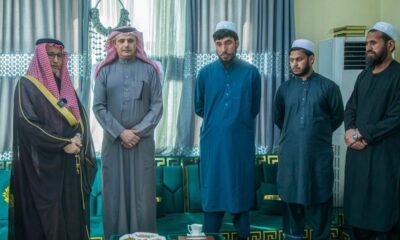
 Latest News4 days ago
Latest News4 days agoIEA releases three Pakistani soldiers to mark Ramadan
-
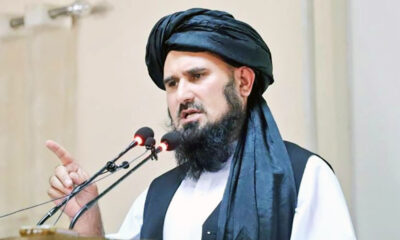
 Latest News3 days ago
Latest News3 days agoAfghanistan’s Chief of Armed Forces underscores readiness and equipment for national defense
-
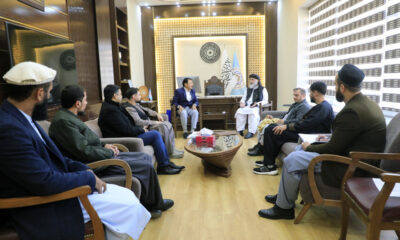
 Latest News2 days ago
Latest News2 days agoAfghanistan welcomes investment and technology partnerships with India
-
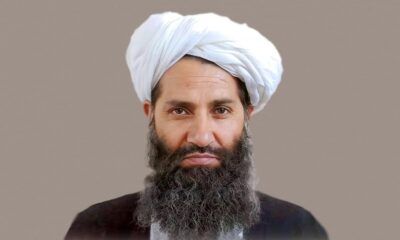
 Latest News4 days ago
Latest News4 days agoGrateful to Afghans and Ulama for obeying the Islamic Emirate, says Hibatullah Akhundzada
-

 Sport2 days ago
Sport2 days agoAfghan Peaks founder climbs Aconcagua to promote Afghanistan’s mountain potential
-

 Latest News1 day ago
Latest News1 day agoIndian customs seize Chinese walnuts falsely declared as Afghan
-
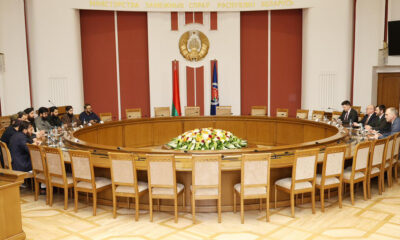
 Business4 days ago
Business4 days agoAfghan delegation visits Belarus to strengthen economic and industrial ties
-

 Business2 days ago
Business2 days agoPakistan allows re-export of stranded Afghan transit cargo


